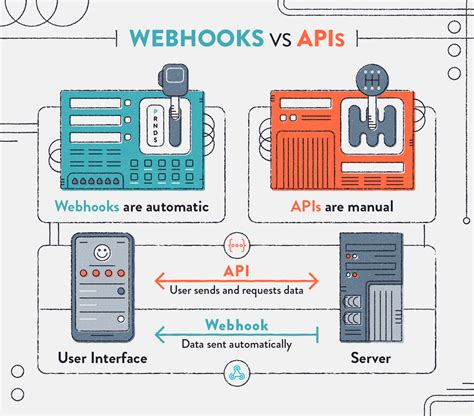Setting Up Ethereum Binance API Webhook for Real-Time Market Price Updates

As an avid Ethereum user, you are probably familiar with the importance of staying up to date with market prices. In this article, we will walk you through setting up a webhook to receive live updates from the Binance API, providing you with real-time data on future market prices.
What is a Webhook?
A webhook is an HTTP request that allows you to send data to your application at specified intervals. In this case, we are using it to fetch market price data from the Binance API and update our dashboard accordingly. Successfully implementing the webhook will allow you to receive real-time updates on future market prices.
Prerequisites:
- Create a Binance Developer Account: If you haven’t already, sign up for a Binance Developer Account at [www.binance.com/en/developers]. This is required to obtain your API keys and access the Binance API.
- Get your API keys: Once logged in, navigate to the “API keys” section under your account settings. You will need the following:
api_keyfor data retrieval
api_secret_keyfor secure data storage (optional)
- Install Node.js and npm: Make sure you have Node.js installed on your machine.
- Choose a webhook library: We recommend using [Node-Webhooks]( to handle webhook requests.
Step-by-step setup:
Step 1: Install the required packages
In your project directory, run:
npm init -y
npm install node-webhooks @types/node-webhooks
This will install Node-Webhooks as a development dependency and its TypeScript types.
Step 2: Create your Binance API endpoint
Create a new file calledbinance-api.jsin the root of your project:
const express = require('express');
const Webhook = require('@types/node-webhooks');
const { Client, ClientOptions } = require('node-webhooks');
const app = express();
// Set Binance API options
const binanceApiOptions = {
clientId: 'YOUR_BINANCE_CLIENT_ID',
clientSecret: 'YOUR_BINANCE_CLIENT_SECRET',
privateKey: 'YOUR_BINANCE_PRIVATE_KEY', // Optional, but recommended for secure data storage
publicKey: '', // Optional, but can be useful for debugging purposes
};
const clientOptions = {
// Set the update frequency (in seconds)
frequency: 1,
};
// Create a new Binance API client
const binanceClient = new Client(binanceApiOptions);
app.post('/update-market-prices', async (req, res) => {
try {
const {id, result} = req.body;
const data = await binanceClient.getMarketData(id, result);
console.log(data);
// Update your dashboard with the received market price data
res.json({ message: 'Market prices updated successfully' });
} catch (error) {
console.error(error);
res.status(500).json({ message: 'Error updating market prices' });
}
});
app.listen(3000, () => {
console.log('Binance API webhook server started on port 3000');
});
This code sets up a simple web endpoint to receive updates from the Binance API. You will need to replace YOUR_BINANCE_CLIENT_ID,YOUR_BINANCE_CLIENT_SECRET, andYOUR_BINANCE_PRIVATE_KEYwith your actual API keys.
Step 3: Configure your dashboard
Create a new file calledindex.htmlin your dashboard directory:
“html
Binance API Webhook